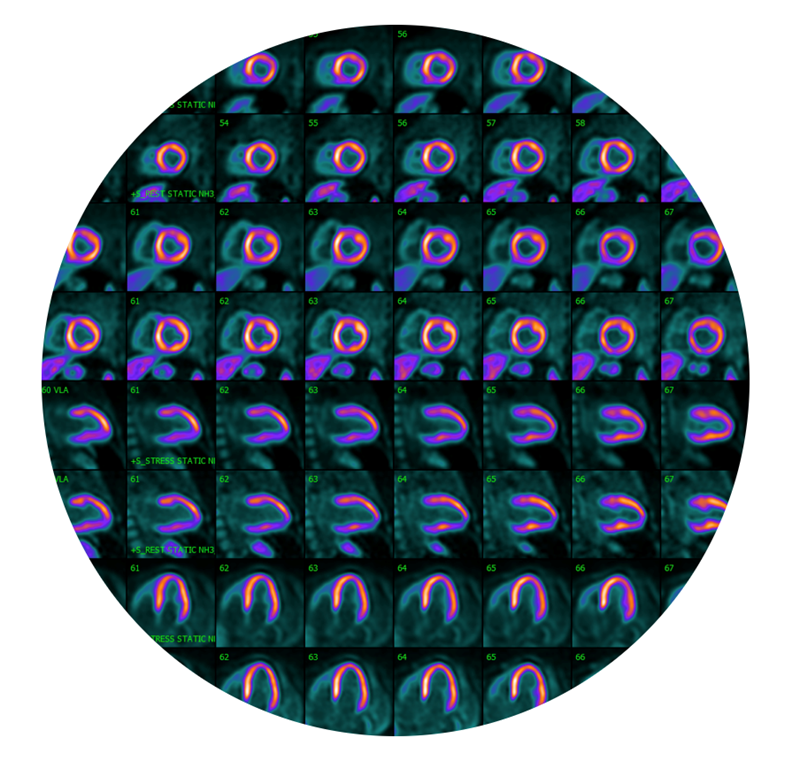SNMMI, ASNC Letter Leads to Aetna Coverage Reversal for Cardiac PET/CT
 The Society of Nuclear Medicine & Molecular Imaging (SNMMI) announced that a letter sent to Aetna together with the American Society of Nuclear Cardiology (ASNC) has led to the insurance company reversing their non-coverage for cardiac PET using hybrid PET/CT (CPT code 78429, 78431, 78433). The SNMMI communicated this change to its membership, applauds this outcome and appreciates Aetna’s swift response.
The Society of Nuclear Medicine & Molecular Imaging (SNMMI) announced that a letter sent to Aetna together with the American Society of Nuclear Cardiology (ASNC) has led to the insurance company reversing their non-coverage for cardiac PET using hybrid PET/CT (CPT code 78429, 78431, 78433). The SNMMI communicated this change to its membership, applauds this outcome and appreciates Aetna’s swift response.
Aetna had refused coverage on the basis it is “experimental/ investigational” and “not identified as widely used and generally accepted for the proposed uses as reported in nationally recognized peer-reviewed medical literature.” Specifically, the policy stated, "The fusion of PET and CT imaging into a single system (PET/CT fusion) is considered experimental and investigational for cardiac indications; a PET scan without CT is adequate to evaluate the myocardium (NIA, 2005)."
SNMMI and ASNC sent a letter to Aetna requesting that their non-coverage policy be reversed, noting, "this decision is inconsistent with standards and practice for cardiac PET imaging across the United States." Not covering hybrid PET/CT denies patient access to standard-of-care testing that is required to make life-saving clinical decisions. SNMMI and ASNC’s recommendations regarding the role of PET/CT in the evaluation of coronary artery disease have been accepted by the American Medical Association (AMA) RVS Update Committee (RUC) and multiple payers, including CMS.
Additionally, Aetna recently updated and published their coverage policy for PSMA imaging for PLUVICTO(TM) therapy eligibility. Aetna now covers hormone and chemo refractory mCRPC patients with PSMA avid disease imaged with any of the approved PSMA agents including PYLARIFY. Importantly the policy does not specify imaging with Ga-611.
Aetna considers lutetium Lu 177 vipivotide tetraxetan (Pluvicto) medically necessary for treatment (up to 6 total doses) of prostate cancer when all of the following criteria are met:
- The member has metastatic castration-resistant prostate cancer; and
- The member has been treated with androgen receptor (AR) pathway inhibition (e.g., abiraterone) and taxane-based chemotherapy (e.g., docetaxel); and
- The disease is prostate-specific membrane antigen (PSMA)-positive.
Related Articles
Citation
SNMMI, ASNC Letter Leads to Aetna Coverage Reversal for Cardiac PET/CT. Appl Radiol.
June 28, 2022